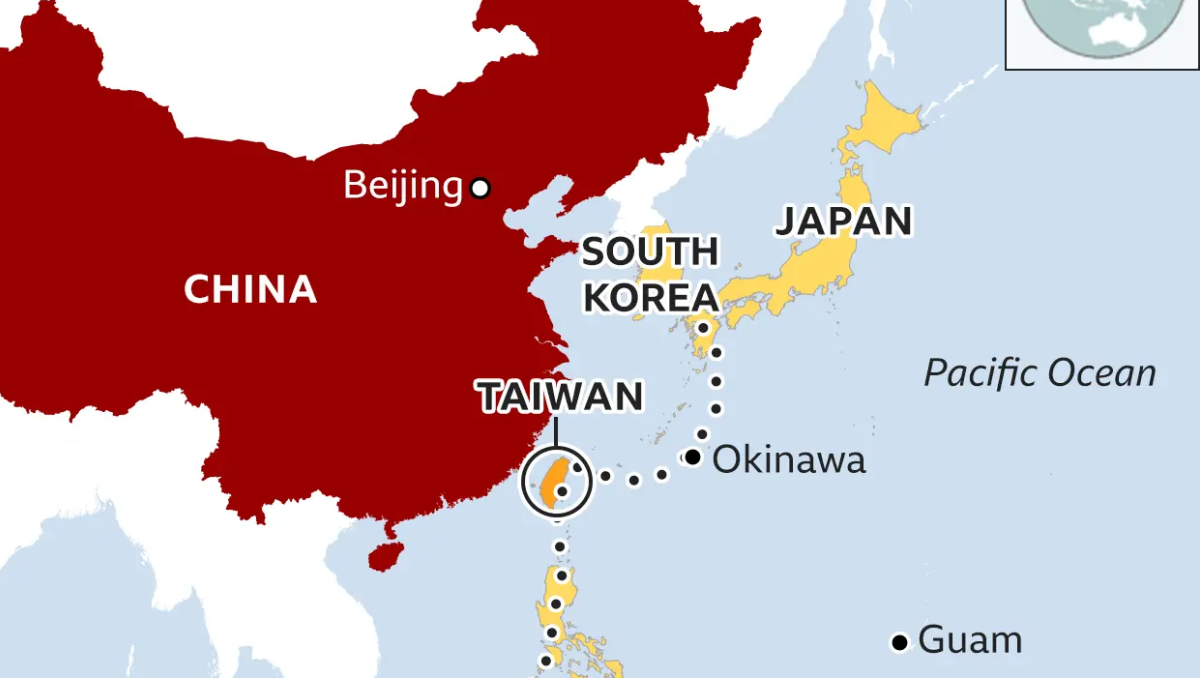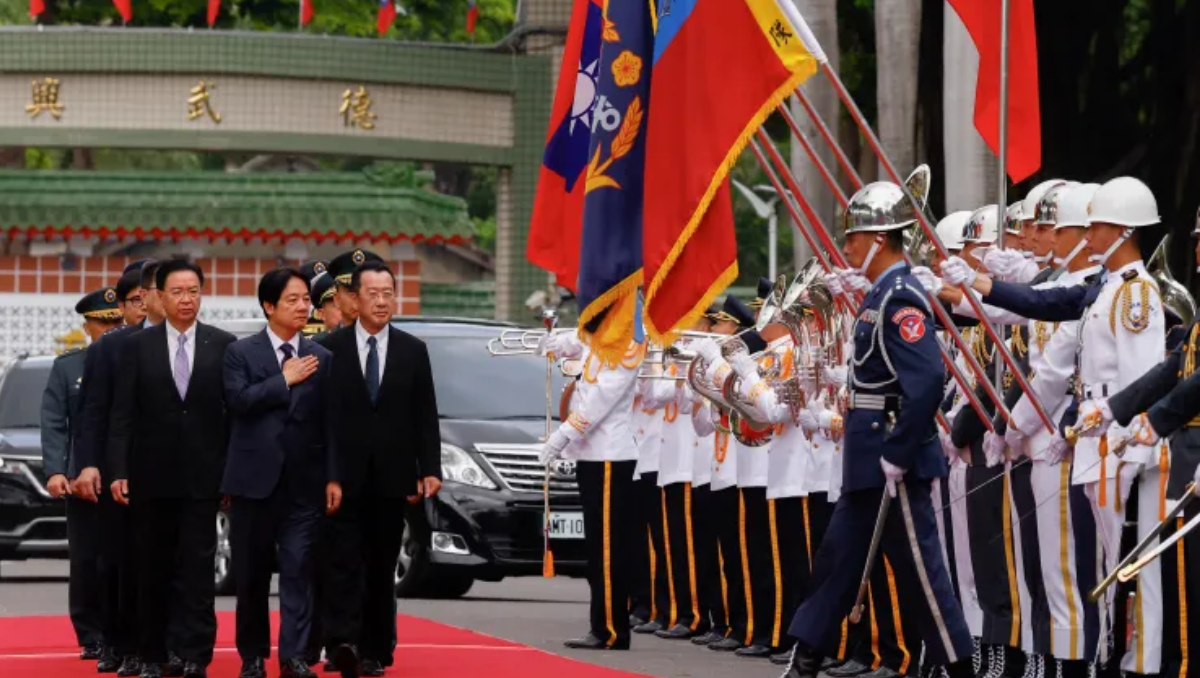President Lai Ching-te said on Monday that autocracy is the true “evil” and that democracy is not a crime, following China’s warning to execute “diehard” Taiwan independent separatists under severe circumstances.
Since Lai assumed office last month, China, which considers Taiwan to be its own territory, has made very clear how much it opposes him, calling him a “separatist” and holding war simulations soon after.
Taiwan fuming
China increased its pressure on the island nation on Friday, even though Chinese courts have no authority over the democratically administered island, by releasing new legal regulations to punish anyone it claims to advocates the island’s formal independence.
During a press conference held at the office of the president, Lai was asked about China’s action. He began by expressing his condolences for the flooding that occurred in southern China.
With unwavering conviction, Lai declared, “Democracy is not a crime; it is autocracy that is the true evil.” He vehemently opposed China’s authority to impose sanctions on his citizens based solely on their political beliefs. Moreover, he firmly stated, “China has no jurisdiction to pursue the rights of Taiwanese citizens internationally.”
Lai also said that any individual who does not support “reunification” is a supporter of Taiwan independence in China’s eyes. Only the country’s citizens can determine their own destiny, according to Lai, who opposes Beijing’s claims to sovereignty. He has made several offers for dialogue with China but has received no response. China claims that the island nation would be attacked if it attempted to formally declare its independence.
Taiwan is currently an independent country, the Republic of China, according to the government, and it has no plans to change that. In 1949, the Republican administration fled to Taiwan after losing the civil war to Mao Zedong’s Communists.
China’s Aggressive Strategy
China’s “quarantine” plan could allow it to control the island without striking a shot, according to reports. Beijing is committed to Taiwan’s reunification with the Chinese mainland and views it as a breakaway colony. It hasn’t disqualified the use of coercion to bring about the reunification. Due to increasingly aggressive drills that simulate an invasion and takeover of Taiwan, Beijing has been provoking Taiwan militarily more frequently in recent years.
According to Defense Ministry, seven navy vessels and forty-one Chinese aircraft were sighted in the surrounding regions of the island. Of those, thirty-two aircraft had crossed into the island’s air defense identification zone (ADIZ).
A blockade-style net will be created around Taiwan as part of the quarantine plan to force it to submit to Beijing’s demands. The regular military would be involved in a blockade, but Beijing’s security apparatus’s law enforcement units would be part of the quarantine plan.

One aspect of Beijing’s quarantine plan would be to monitor air and marine activity near Taiwan. According to the reports, the quarantine’s primary objective is not to completely isolate the island, but rather to assert Beijing’s authority over the island. This would be achieved by dictating the terms and conditions for all incoming and outgoing travel, effectively giving China control over island’s interactions with the outside world.
Problem for the allies
Beijing, in a potential escalation, would likely shift the blame onto the US Navy or other allies if they were to intervene on Taiwan’s behalf. This is because the quarantine policy would be perceived as a maritime law enforcement operation, adding a layer of complexity to the situation.
Further, the aim of the isolation is to determine the terms of the island’s interaction with the wider world other than with the Chinese mainland. China’s threat to seize ships might hurt Taiwan’s economy by discouraging maritime trade with other nations. If the quarantine is limited to the Kaohsiung port, it may impact as much as 57% of the nation’s trade.
The reports suggest that Taiwan and the rest of the globe may yield to China’s demands due to economic pressure and potential measures like requiring Chinese officials to inspect ships before they enter the island.




